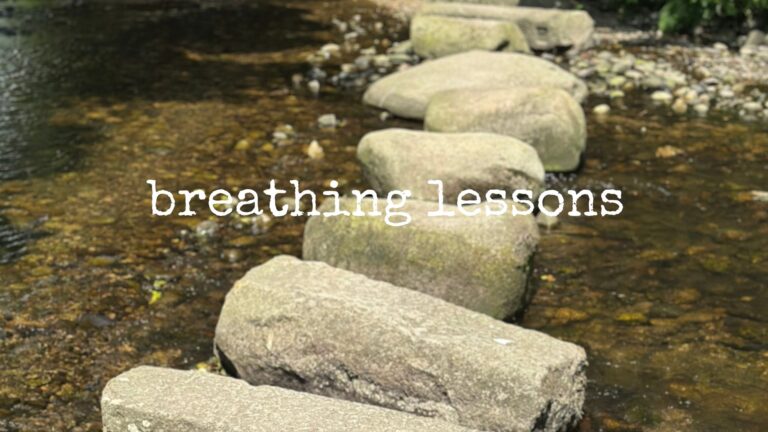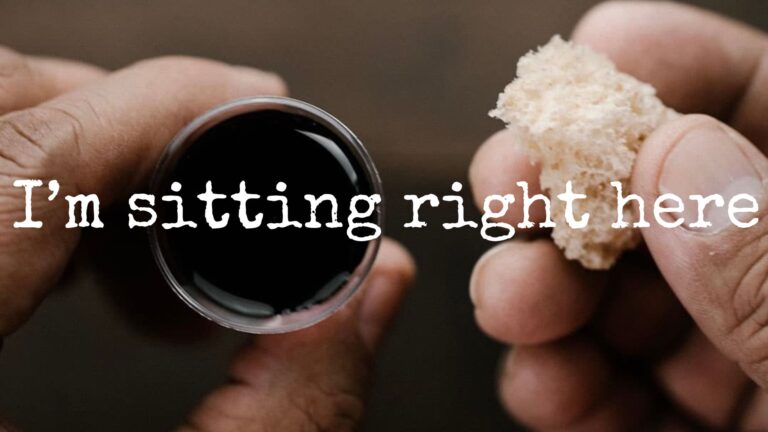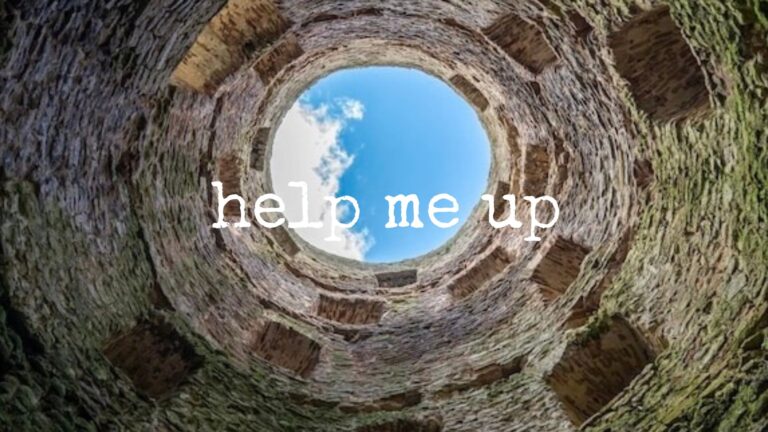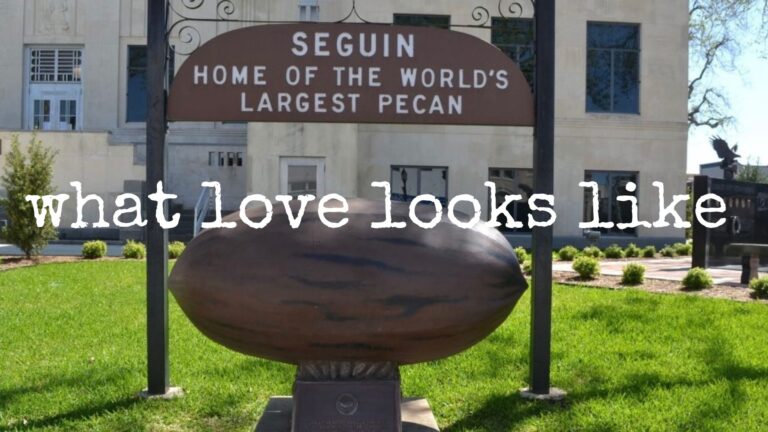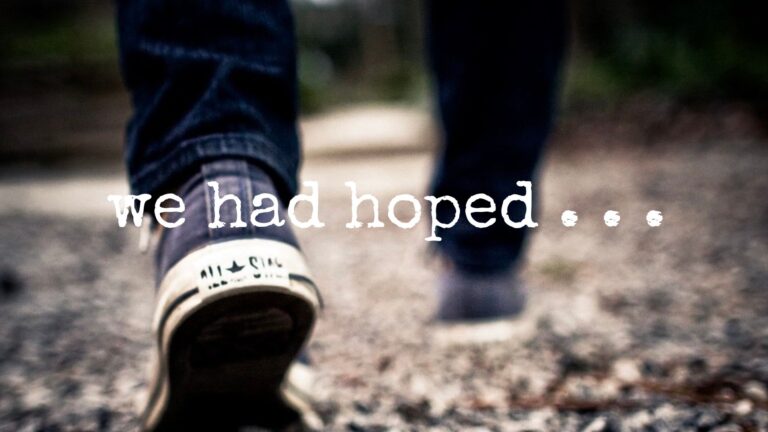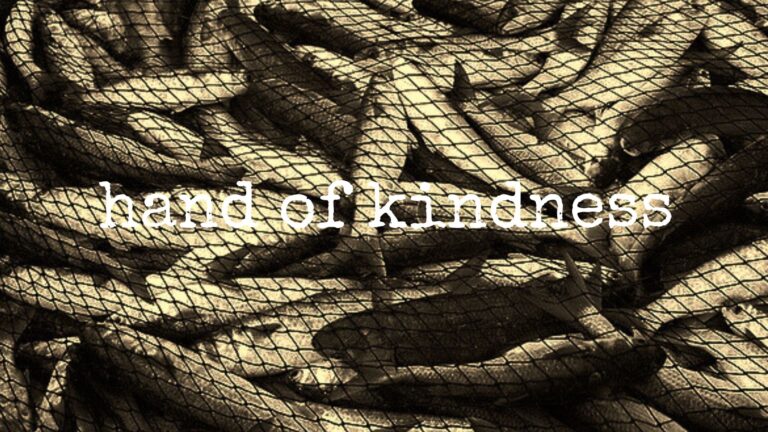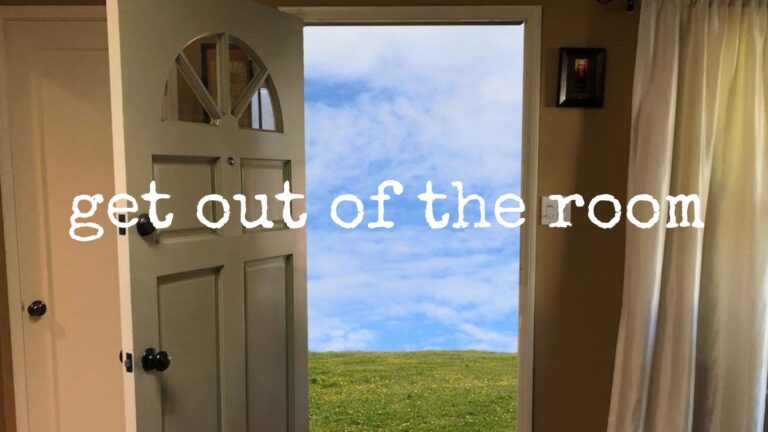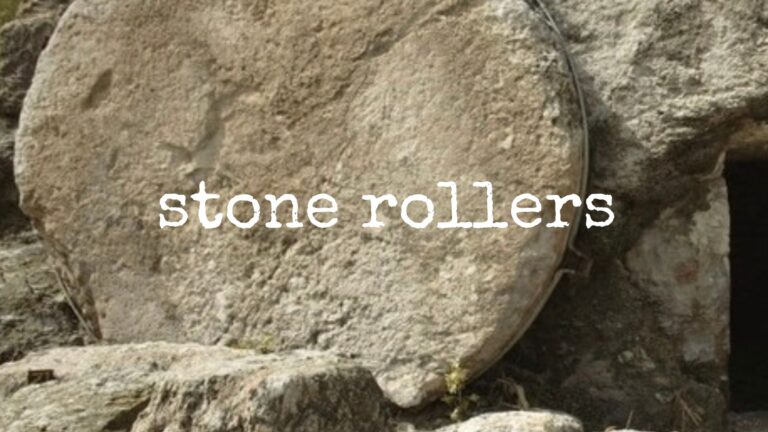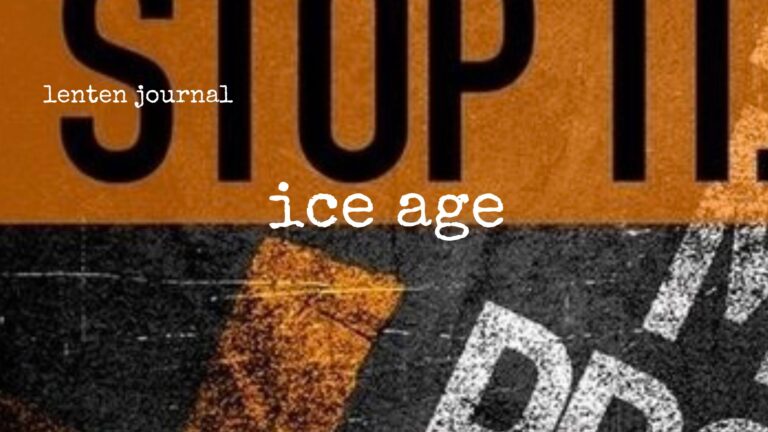For the past four summers, as most of you know, I have spent time in the north of Ireland as a part of peace retreats intending to learn about and from the centuries of division in that land that culminated in violence the refer to as The Troubles and then in the Good Friday Agreement, which was signed in 1998, that sought to bring an end to the violence and pave a way for peace. It took almost a decade after it was signed before the Agreement was fully implemented, and it did bring an end to the most ruthless of the violence intended to inflict damage and incite terror. People don’t have to check under their cars for bombs anymore, yet the divisions are far from erased.
Two of the people who have spent their lives working for peace are Rev. Dr. Leslie Carroll, a Presbyterian minister and activist, which means she has been connected to the Unionist (or the Protestant) side of the divide, and Tom Hartley, an Irish Republican (or Catholic) politician and historian, who was a member of Sinn Fein and had been Lord Mayor of Belfast. Though they grew up on either side of the conflict, they knew each other well because they were a part of secret meetings that took place for years between Catholics and Protestants that paved the way for the Good Friday talks.
At one point in the conversation, Tom said, “Making peace is harder than making war because your enemy doesn’t think like you do. You have to learn a new language.” As an example, he said Catholics grew up with a Pope, an authority that spoke for all, so when Gerry Adams spoke for Sinn Fein, they were already accustomed to having one leader speak for them. The Presbyterians, on the other hand, grew out of a Calvinist tradition that valued individual experience. Words mattered to them in a way they did not to those who grew up Catholic. In order to understand each other, they had to learn how to listen and understand a way of looking at life that was not what they were accustomed to.
“Conflict sustains itself by dehumanizing the enemy,” he said. “Negotiation means creating something new.”
Hartley’s words may seem a long way from our scripture passage, but Galatia is not as far from Belfast as you might think–or from Hamden, for that matter.
As we contemplate these verses, we remember that the congregations of believers that sprang up outside of Palestine did so in an environment that was opposed and even threatening to their faith. Both Greek and Roman culture put little value on the kind of love-centered community the young churches were trying to grow. The hallmarks of Roman culture were power and acquisition, whether you were talking about things or people. The way Paul contrasted the dos and don’ts of life, if you will, was to underline the basic idea that we are either pulling together or we are pulling each other apart. It’s in the words he chose.
Translator Sarah Ruden says, “Paul connects the peace of the community with the metaphysical Spirit in a way that the English does now show. Pneuma (from which we have “pneumatic”) means both Spirit and physical breath. What is most essential for life is most free, most natural, and most shared. In the Hebrew Bible, the Spirit (ruach) of God comes to the entire nation, bringing God’s kingdom.”
On the other hand, the word we translate as flesh, sarx–from which we get our word sarcophagus–is an animal life driven by desires that have no qualms in tearing another limb from limb to satisfy an appetite. Hear Sarah Ruden again:
“Paul’s point is not that the body or nature is bad and the mind or spirit is good. It is about two ways of using the body, the one for a life that is worth living forever, the other for a life that is as good as death in the short time before it vanishes. . . . Community is life. The failure of community is death.”
Paul laid out the keys to life together in what we have come to call the Fruit of the Spirit: love, joy, peace, patience, kindness, generosity, faithfulness, gentleness, and self-control, which is not simply a list of virtues to be admired but relational resources to tighten the bonds between us, and that sends me back to Tom Hartley’s words about learning new languages because I think the challenges of learning how to listen to each other and learning how to speak to each other begin long before we become enemies.
We don’t always speak the same language, so we have to be intentional about asking questions rather than passing judgments, listening in love rather than moving too quickly to tell someone else they shouldn’t say what they said.
Listen again to the fruit of the Spirit, this time from The Message translation from which Eric read:
“But what happens when we live God’s way? God brings gifts into our lives, much the same way that fruit appears in an orchard—things like affection for others, exuberance about life, serenity. We develop a willingness to stick with things, a sense of compassion in the heart, and a conviction that a basic holiness permeates things and people. We find ourselves involved in loyal commitments, not needing to force our way in life, able to marshal and direct our energies wisely.”
That list is a little harder to quote, perhaps, but I like the way it begins to unpack what it takes to build a life together, whether we are talking about as a family, as a congregation, as a nation, or as a world. We need to remember that fruit actually aren’t things we can pick up in plastic packages at the supermarket any time. They take time and skill to cultivate and harvest. Sometimes it takes yeas from the time a tree is planted until it bears fruit. Some fruit, like strawberries, grow on vines that have to be tended and trimmed because the berries only grow on new shoots. A number of you know way more about growing things, so I’m sure we could we wear out this metaphor, but what I want to go back to is that we are talking about the fruit of the Spirt of God–the pneuma, the ruach–the breath of God; the essential thing we need to live.
As I was reviewing my sermon this morning, that another way we might name this list would be to call it the Fruit of Breathing. What I mean by that is these are the things that we have to foster to live a healthy life together–to breathe. When we breathe, we are alive; when we don’t, we die. And here are our breathing exercises: love, joy, peace, patience, kindness, generosity, faithfulness, gentleness, and self-control.
Let’s take a moment and focus on our breathing. Get comfortable. Open your palms and relax. Take a deep breath in. Now take a deep breath out. Breathe in the breath of God; breathe out the love of God. Continue to focus on your breathing as I read an adaptation of our scripture:
The breath of the Spirit is love, joy, peace, patience, kindness, generosity, faithfulness, gentleness, and self-control. There is no law against such things. And those who belong to Christ have crucified the flesh with its passions and desires. If we live by the Spirit, let us also be guided by the Spirit. Let us not become conceited, competing against one another, envying one another.
Now rest for a moment and feel the breath of God in your lungs, in our life together. Hear Sarah Ruden once more:
For the apostle Paul, crucifixion was both a reality and a metaphor, which he used to say Christ stopped at nothing in showing his love for humankind. On his example, people must stop at nothing in showing love for one another. We must foster each other’s breathing. And we must learn to breathe together.
One of the reasons the Good Friday Agreement was able to be signed was that people like Leslie and Tom risked giving each other room to breathe. They came together in days when people in their positions had grown accustomed to looking under their cars for bombs and listened to one another, talked with one another, humanized one another, thus giving breath and birth to the peace process.
When I first interviewed with the search committee, one of the things that was said—and I have heard repeated consistently since—is that you didn’t want to hear politics from the pulpit. I understand the sentiment and I have no need to use this pulpit as a partisan soapbox, and it saddens me that I cannot be fully myself in this place, as I think is true for most all of us. We hold our breath for any number of reasons. But when we do that we do not strengthen our sense of community, we weaken it. If we don’t breathe, we die.
If Leslie and Tom could learn how to listen and share with one another, I think we can as well. Our country is as deeply divided as Northern Ireland. Leslie spoke about the US and said, “You are in the early days of something that is going to be very, very difficult.” I think she’s right, which leaves me feeling anxious and angry and hopeful and concerned all at the same time. I am pretty sure all of us have feelings about what is going on around us, whether we are talking about international events or local life. We need a space here where we can breathe freely together, where each of us feel listened to and cared for.
That is not a pipe dream. We are capable of living that way. I know your hearts. I trust you. Christ stopped at nothing to show his love for humankind, loving us with his last breath. We must stop at nothing in showing our love for one another, our neighbors, our world as long as we are breathing. Amen.
Peace,
Milton
